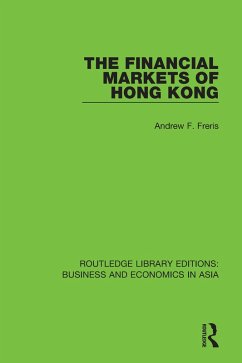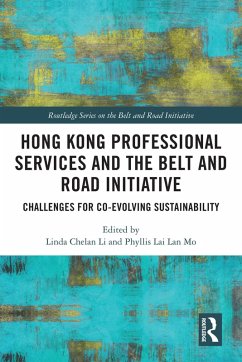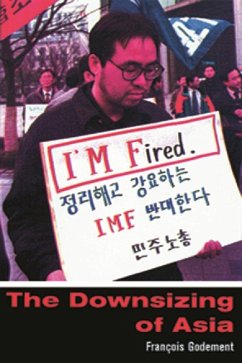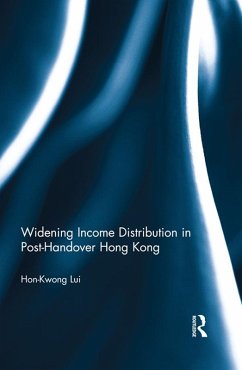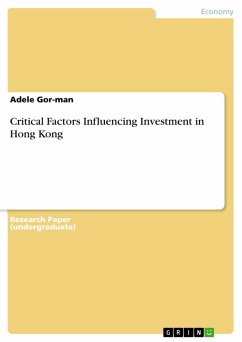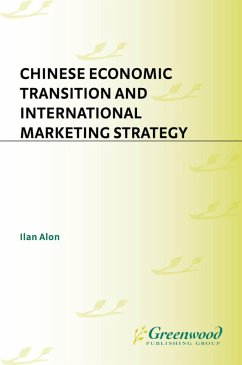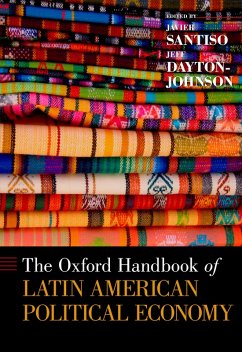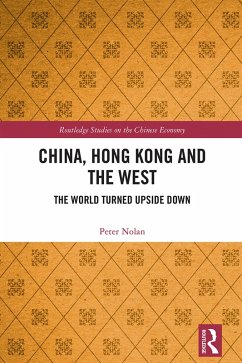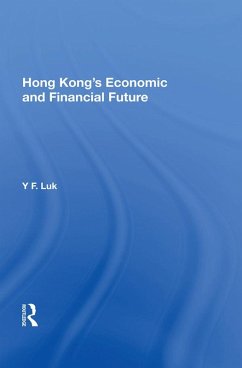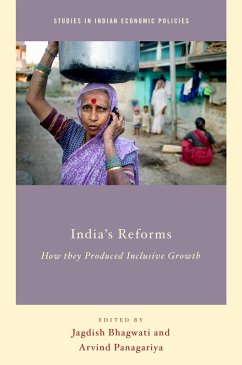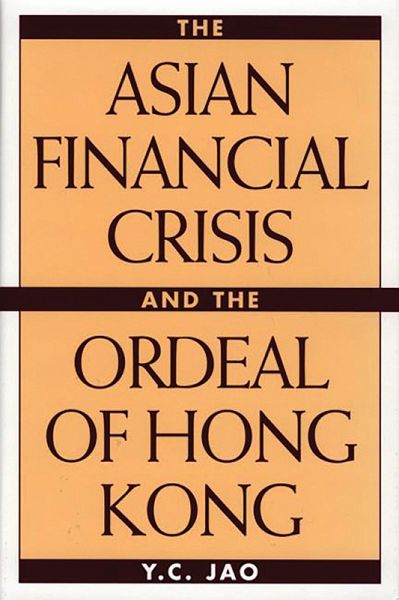
The Asian Financial Crisis and the Ordeal of Hong Kong (eBook, PDF)
Versandkostenfrei!
Sofort per Download lieferbar
58,95 €
inkl. MwSt.
Weitere Ausgaben:

PAYBACK Punkte
29 °P sammeln!
Victim, not instigator of the Asian Financial Crisis, Hong Kong was the only economy that succeeded in defending its fully convertible currency, indeed its entire financial system, against speculators, but the price it paid for success has been deep recession. Jao gives an objective, even-handed account and analysis. Without political or ideological preconsiderations he shows how Hong Kong authorities handled their intervention in the equity market in August 1998. Explaining the conventional wisdom that no fixed exchange rate regime can hold out for long against massive speculation. He goes fu...
Victim, not instigator of the Asian Financial Crisis, Hong Kong was the only economy that succeeded in defending its fully convertible currency, indeed its entire financial system, against speculators, but the price it paid for success has been deep recession. Jao gives an objective, even-handed account and analysis. Without political or ideological preconsiderations he shows how Hong Kong authorities handled their intervention in the equity market in August 1998. Explaining the conventional wisdom that no fixed exchange rate regime can hold out for long against massive speculation. He goes further to show that Hong Kong contributed not only to the eventual easing of the AFC, but to economic stability throughout Asia as well. Jao opens with a discussion of the nature, causes, and consequences of the AFC. After an overview of Hong Kong's economic and financial fundamentals on the eve of the crisis, he examines the impact it had up close. He examines the massive speculation against the Hong Kong dollar, explaining why speculators were defeated. The AFC's impact on the assets market are also explored. He also analyzes the impact on the financial sector and the real economy. Jao studies and answers two hard questions: why was the economic downturn so severe and why was the territory initially a laggard in economic recovery? He then takes up China's role, and presents an objective, balanced view of Hong Kong's money and finance under Chinese sovereignty, followed by a discussion of how China herself coped with the AFC. The book concludes with an in-depth discussion of the lessons the AFC has taught us and the author's reflections on post-AFC issues.




